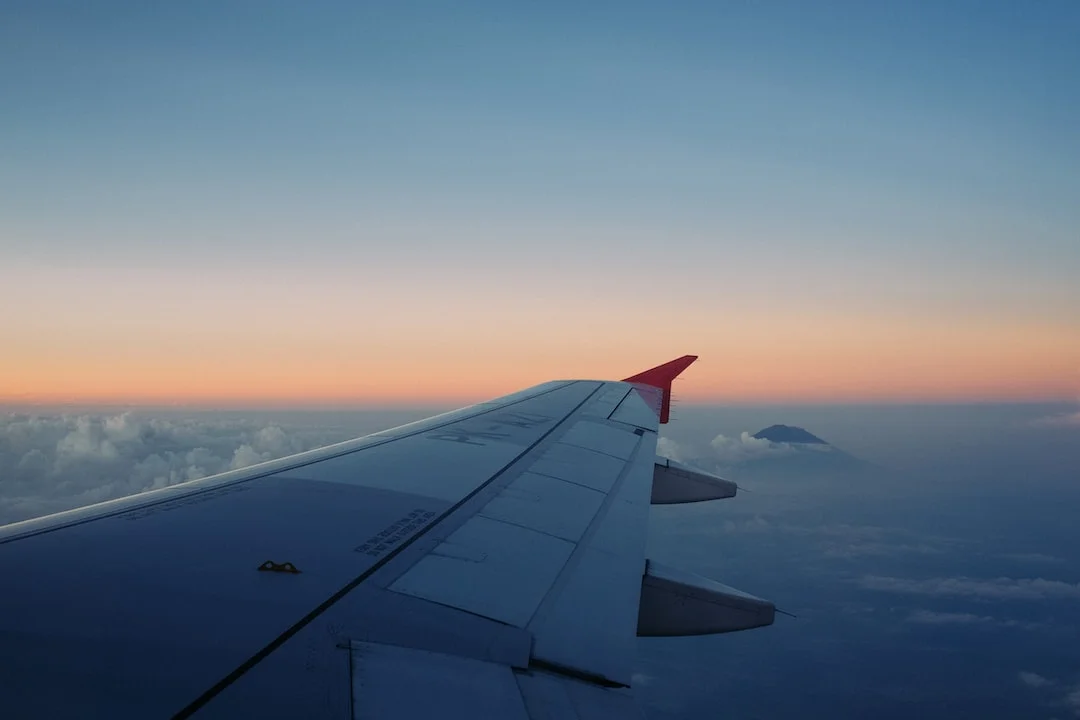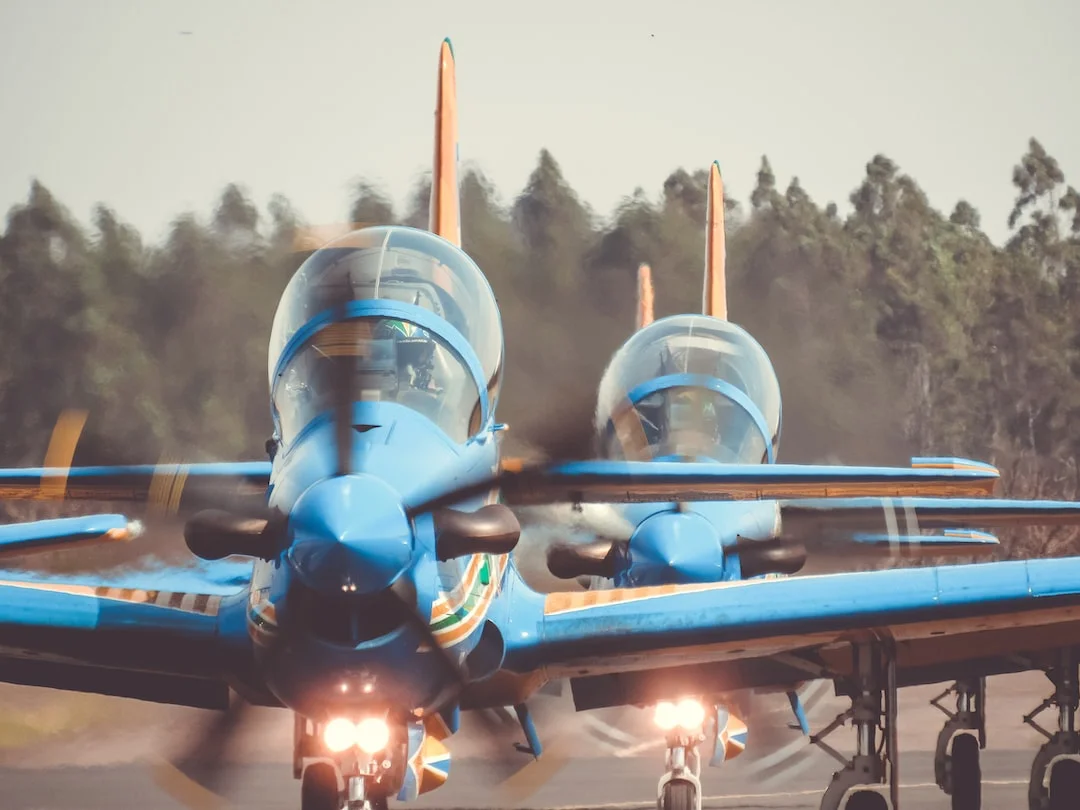Time Delay Logic, commonly referred to as TDL, is a critical system used in the Boeing 737 aircraft. It plays a crucial role in ensuring the safety and efficiency of various operational aspects of the aircraft. TDL is designed to introduce delays in the activation of certain systems to prevent simultaneous actions that may have undesirable consequences. This article aims to delve into the working principles and significance of Time Delay Logic on the Boeing 737.
Contents
Understanding Time Delay Logic
In simple terms, Time Delay Logic is a mechanism that introduces a time lag between the initiation of certain actions and their subsequent effects. The primary objective of TDL is to prevent simultaneous activation of critical systems, thereby mitigating potential risks and ensuring the overall safety of the aircraft.
The Boeing 737 incorporates Time Delay Logic in various crucial systems, such as the deployment of spoilers, thrust reversers, and ground spoilers. By introducing a delay between the initiation of these actions, TDL helps avoid unintended consequences and potential hazards that may arise from simultaneous activation.
For example, let’s consider the deployment of spoilers during the landing phase. Spoilers are aerodynamic devices that disrupt the airflow over the wings, effectively reducing lift and aiding in the braking process. However, deploying all the spoilers simultaneously could lead to an abrupt loss of lift and the potential for a hard landing. To prevent this, Time Delay Logic is incorporated, allowing the spoilers to extend gradually, maintaining a balanced lift distribution throughout the aircraft.
Significance of Time Delay Logic on the Boeing 737
The implementation of Time Delay Logic on the Boeing 737 offers several critical benefits that contribute to the safe and efficient operation of the aircraft:
1. Enhanced Safety
The primary objective of TDL is to ensure the safety of the aircraft and its occupants. By introducing delays in the activation of certain systems, Time Delay Logic prevents potential hazards that may arise from simultaneous actions. This is particularly significant in scenarios where abrupt or simultaneous actions could compromise the stability and control of the aircraft.
For instance, during the takeoff phase, the Boeing 737 utilizes thrust reversers to redirect engine thrust and aid in deceleration. However, deploying all the thrust reversers simultaneously could adversely affect the aircraft’s balance and steering. Time Delay Logic mitigates this risk by enabling a sequential deployment of the thrust reversers, ensuring proper control and maneuverability of the aircraft.
2. Operational Efficiency
In addition to safety, Time Delay Logic also contributes to the operational efficiency of the Boeing 737. By preventing simultaneous actions that may lead to conflicting results, TDL helps ensure a smoother and more controlled operation of critical systems.
For example, in the case of ground spoilers, which are deployed to enhance braking during landing, the implementation of Time Delay Logic allows for a gradual extension of the spoilers. This gradual deployment helps maintain a balanced deceleration and improves the overall braking efficiency of the aircraft, ultimately resulting in a safer and more controlled landing.
Conclusion
Time Delay Logic, or TDL, is an essential system incorporated into the Boeing 737 aircraft to enhance safety and operational efficiency. By introducing delays in the activation of critical systems, TDL prevents simultaneous actions that may lead to adverse consequences. This mechanisim is important during various phases of flight, including takeoff and landing, where proper control and stability are vital.
The implementation of Time Delay Logic in the Boeing 737 is a testament to the aircraft’s advanced technological features, prioritizing the safety and well-being of passengers and crew members. As the aviation industry continues to evolve, TDL remains a crucial component in ensuring the secure and efficient operation of aircraft systems.
For More: What is FQIS on Boeing 737? (Fuel Quantity Indication System)




